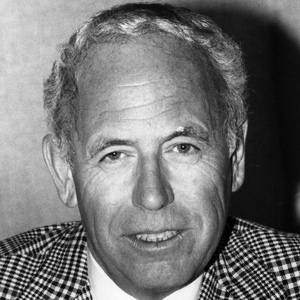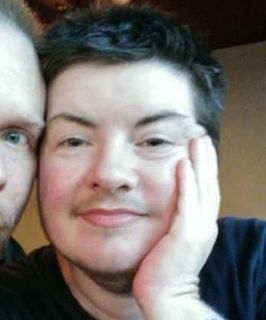A Quote by Dani Shapiro
I don't think it's possible to separate out the strands of a writer's history, circumstances, life events, and that writer's themes.
Related Quotes
A serious life, by definition, is a life one reflects on, a life one tries to make sense of and bear witness to. Truth in a memoir is achieved not through a recital of actual events; it is achieved when the reader comes to believe that the writer is working hard to engage with the experience at hand. What happened to the writer is not what matters; what matters is the large sense that the writer is able to make of what happened.
The first is that good writing consists of mastering the fundamentals (vocabulary, grammar, the elements of style) and then filling the third level of your toolbox with the right instruments. The second is that while it is impossible to make a competent writer out of a bad writer, and while is equally impossible to make a great writer out of a good one, it is possible, with lots of hard work, dedication, and timely help, to make a good writer out of a merely competent one
Oh, I love labels, as long as they are numerous. I'm an American writer. I'm a Nigerian writer. I'm a Nigerian American writer. I'm an African writer. I'm a Yoruba writer. I'm an African American writer. I'm a writer who's been strongly influenced by European precedents. I'm a writer who feels very close to literary practice in India - which I go to quite often - and to writers over there.
Don't put down too many roots in terms of a domicile. I have lived in four countries and I think my life as a writer and our family's life have been enriched by this. I think a writer has to experience new environments. There is that adage: No man can really succeed if he doesn't move away from where he was born. I believe it is particularly true for the writer.
The writer’s job is to write with rigor, with commitment, to defend what they believe with all the talent they have. I think that’s part of the moral obligation of a writer, which cannot be only purely artistic. I think a writer has some kind of responsibility at least to participate in the civic debate. I think literature is impoverished, if it becomes cut from the main agenda of people, of society, of life.
I think we all have a certain number of "coming of age" songs, and then a writer has to expand and grow into more varied and specific themes. And the music industry is, like Jawbreaker says, "selling kids to other kids," so it makes sense that those early songs in a writer's life are often the ones that catch people's ears, and later work is more difficult and less immediate.
Writer-directors are a little bit more liberal, rather than having just the writer on the set, because I think sometimes the writer becomes too precious with the words. If you're a writer-director, you can see what you're doing and see your work in action, so I think you can correct it right there and still not compromise yourself.
I say "on principle" [regarding 'lesbian writer'] because whenever you get one of your minority labels applied, like "Irish Writer," "Canadian Writer," "Woman Writer," "Lesbian Writer" - any of those categories - you always slightly wince because you're afraid that people will think that means you're only going to write about Canada or Ireland, you know.
In this day and age, if you're aspiring to be an actor, and you're putting all your eggs in one basket, you could be disappointed. I started out as an actor, but I forced myself to be a writer, even though I wasn't very good at it and had never written. I don't think I ever passed an English course in my life. My first 8 to 10 scripts were pretty horrendous, but I stayed at it until I eventually found a voice and a subject that people were interested in. So, I recommend that you go out and try to be as versatile as possible: writer, actor, producer and especially director.


































